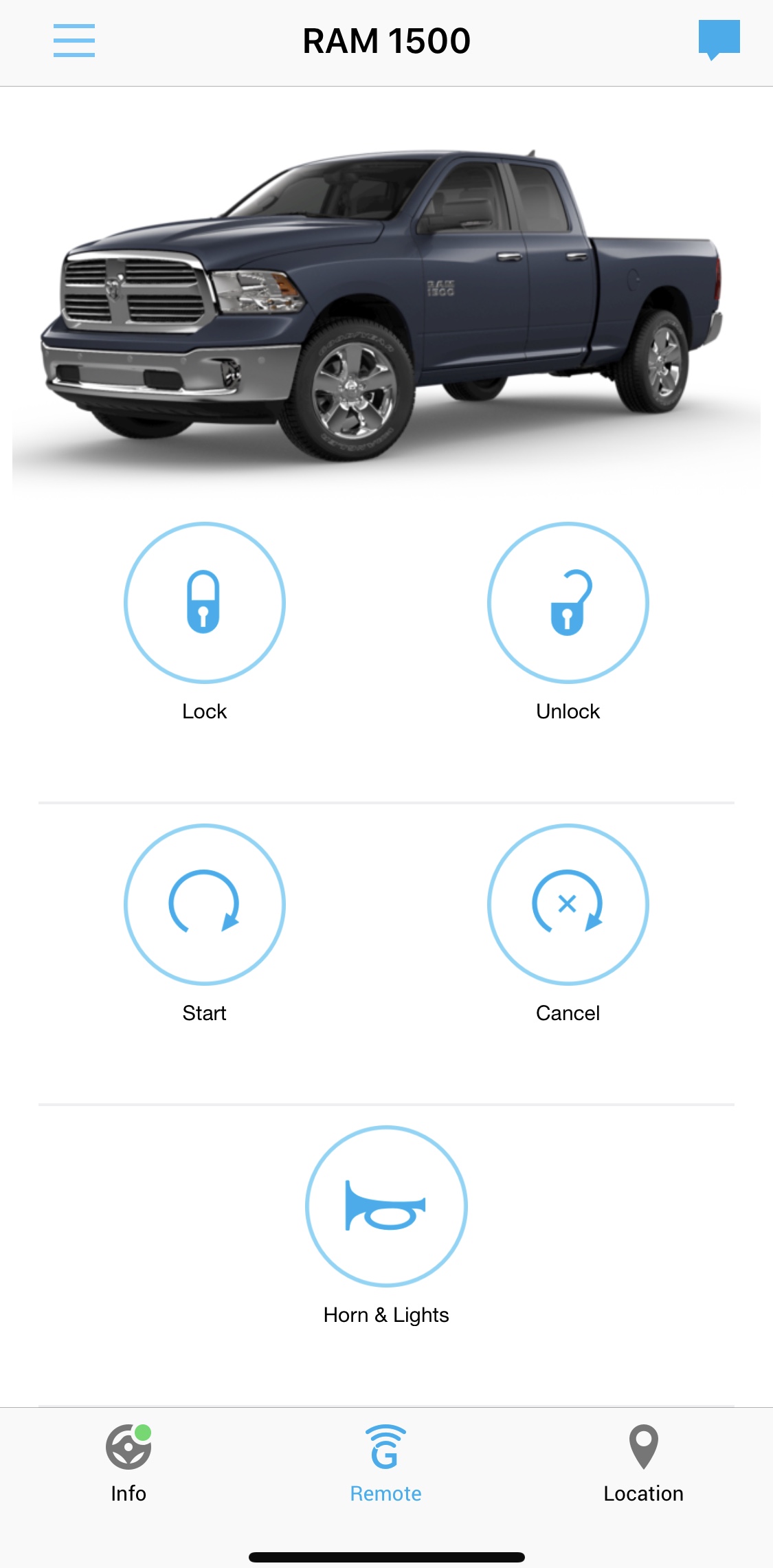Grandpa may not understand how to use Facebook but he sure wasn’t going to go out in -50°F windchill to start up his car! The polar vortex brought many troubles, challenges, and delays to Michigan drivers. The bone-chilling wind and subzero temperatures were horrifying enough that even technophobic people downloaded and used mobile connected apps to self start their vehicle engines.
On January 30, 2019, self-starting apps were used more than 59 million times, which is a 70% increase from an average day in January, according to General Motors. These apps include myChevrolet, myBuick, myGMC, and myCadillac.
Santiago Chamorro, GM’s Vice President for Global Connected Customer Experience said, “With access to an app that connects directly to the vehicle, our customers are able remote start their vehicle from anywhere, and avoid spending extra time outside during unpleasant weather conditions."
GM stated that Michigan, Illinois, New York, Ohio, Minnesota were the states with the most users hitting “start” on their phones to warm up their vehicles.
According to USA Today, the GM vehicle self-starting app was introduced 9 years ago and was the auto industry’s first connected mobile app. In addition to starting up their engines, GM owners of Chevrolet, Buick, Cadillac, and GMC vehicles can also check their vehicle's oil life, tire pressure, and fuel level. The app can even help drivers locate the car if it’s ever lost.
Other automotive brands have also jumped at the vehicle app trend. For example, Chrysler vehicles such as Jeep, Dodge, Ram, and FIAT have Uconnect, Toyota has Toyota Owners, and the Ford Motor Company has FordPass. All of these apps allow drivers to start their vehicle engines, check their vehicle's oil life, tire pressure, fuel level, locates the car in a crowded parking lot, and some even allow users to sound the vehicle's horn and flash the headlights. Though connected car apps used to only be a feature in luxury vehicles, like BMW’s BMW Connected Drive, this technology has become widely available for most newer model vehicles regardless of their price tag.
There is nothing like stepping into a toasty car on a frosty morning, and thanks to automakers’ mobile connected apps, many people can start off their morning drive without worrying about their hands freezing and sticking to the steering wheel! However, there are dangers to letting a car warm up. The Michigan Law Firm, PC blog recently informed readers of some bad habits drivers carry out that can hurt their vehicles. One such bad habit is letting the engine idle too long in an effort to warm up the car. According to AutoBlog, “idling for too long causes buildup on the spark plugs, rendering them less efficient. This may be bad news for your wallet, too, as it wastes gas.”
Mobile connected apps have made winter driving a bit more tolerable for Michigan drivers. However, the winter driving dangers of icy roads, vision-impairing snowfall, and other car accident causing winter driving threats still exist. Car accidents may lead to serious injuries and seriously expensive medical bills. Like a snow plow clearing the road, the car accident attorneys at The Michigan Law Firm, PC help clear up the legal process for victims of car crashes. For a free legal consultation with a Michigan accident attorney, call 844.4MI.FIRM.





